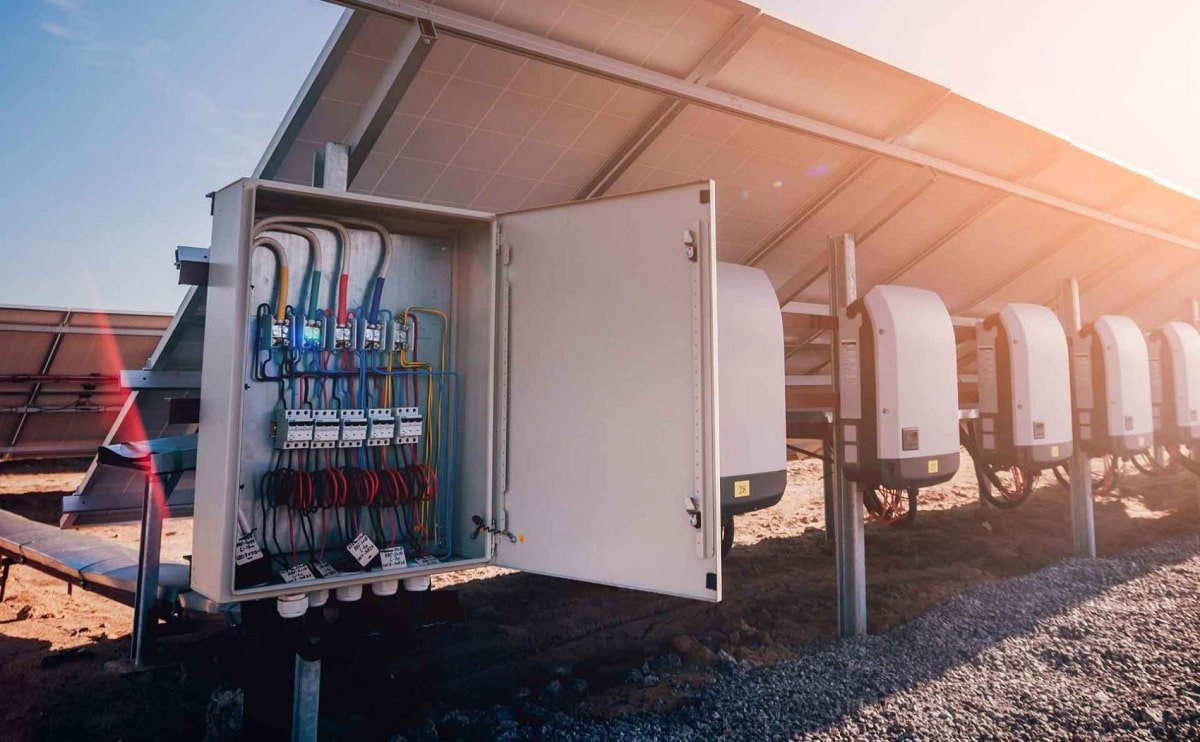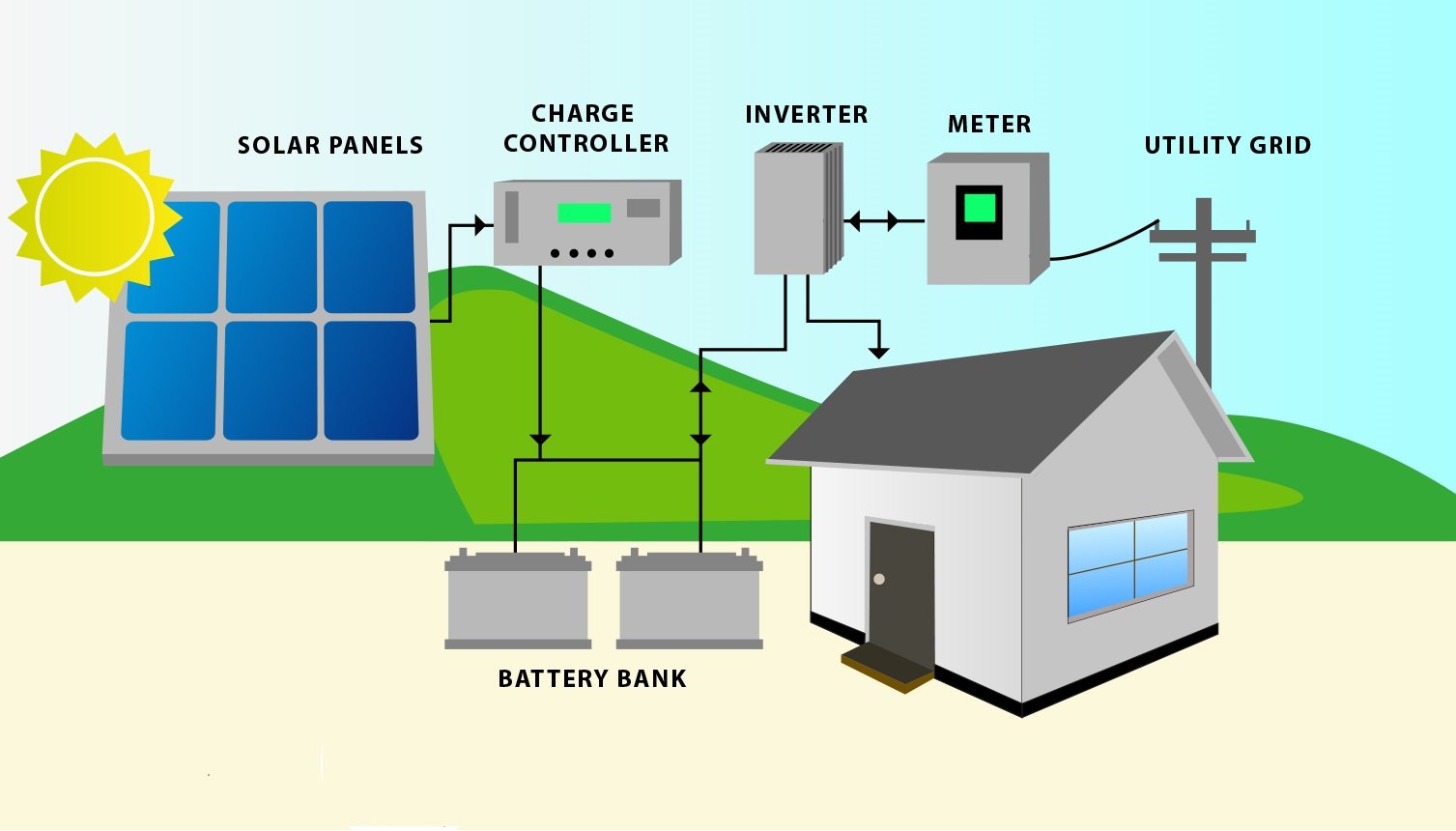Solar Net Metering
What is Solar Net Metering?
Solar net metering is a billing mechanism that credits solar energy system owners for the electricity they add to the grid. Essentially, when a solar panel system produces more electricity than the home needs, the excess energy is sent to the grid. In exchange, the homeowner receives credits that can be used to offset future electricity use.
How Does It Work?
- Generation: Solar panels generate electricity when exposed to sunlight.
- Usage: The electricity generated is first used to power the home.
- Excess Energy: Any surplus electricity is exported to the utility grid.
- Credits: The utility company credits the homeowner for the exported electricity.
- Draw from Grid: When the solar panels do not produce enough electricity (e.g., at night), the home draws power from the grid. The credits accumulated can offset this usage.
Benefits of Solar Net Metering
- Cost Savings: Reduces electricity bills by earning credits for excess energy.
- Increased Efficiency: Encourages efficient energy usage and production.
- Environmental Impact: Promotes renewable energy, reducing carbon footprint.
- Energy Independence: Reduces reliance on the utility grid, especially during peak times.
Challenges and Considerations
- Policy Variations: Net metering policies can vary widely by region, affecting the value of credits.
- Grid Reliability: Excess energy depends on the grid’s ability to handle the load.
- Initial Costs: Initial installation and equipment costs for solar panels can be high.
- Regulatory Changes: Changes in regulations can affect the long-term benefits and viability.
Conclusion
Solar net metering is an effective way to maximize the efficiency and cost-effectiveness of solar energy systems. By understanding how it works and its benefits, homeowners can make more informed decisions regarding solar energy investments.

Introduction to Net Metering
Net metering is a billing mechanism that credits solar energy system owners for the electricity they add to the grid. In Pakistan, the increasing inclination towards renewable energy sources has made net metering an essential component of sustainable energy strategies.
Eligibility Criteria
Before applying for net metering in Pakistan, it’s crucial to understand the eligibility criteria. Applicants must have a renewable energy generation system, such as solar panels, installed on their premises. The system must comply with the standards set by the National Electric Power Regulatory Authority (NEPRA).
Application Submission
The net metering application process in Pakistan begins with the submission of a formal application to the respective electric power supplier. The application should include detailed information about the renewable energy system, including capacity, technical specifications, and compliance certificates. Additionally, applicants must submit a single-line diagram of the system and proof of ownership or lease agreement for the premises.
Technical Evaluation and Site Inspection
Once the application is submitted, the power supplier conducts a technical evaluation to ensure the system meets the necessary standards. This is followed by a site inspection to verify the installation and operational status of the renewable energy system. The inspection also assesses safety measures and grid compatibility.
Approval and Agreement
After the successful completion of the technical evaluation and site inspection, the power supplier approves the net metering application. The applicant is then required to sign a net metering agreement, which outlines the terms and conditions of the net metering arrangement, including billing and crediting mechanisms.
Installation of Net Meter
The final step in the net metering application process is the installation of a bi-directional net meter. This meter records the amount of electricity consumed from the grid and the surplus electricity fed back into the grid by the renewable energy system. The net meter ensures accurate billing based on net energy consumption.
Conclusion
The net metering application process in Pakistan is a systematic procedure designed to promote the use of renewable energy. By adhering to the outlined steps and ensuring compliance with regulatory standards, applicants can successfully leverage net metering to reduce their electricity bills and contribute to a sustainable energy future.




